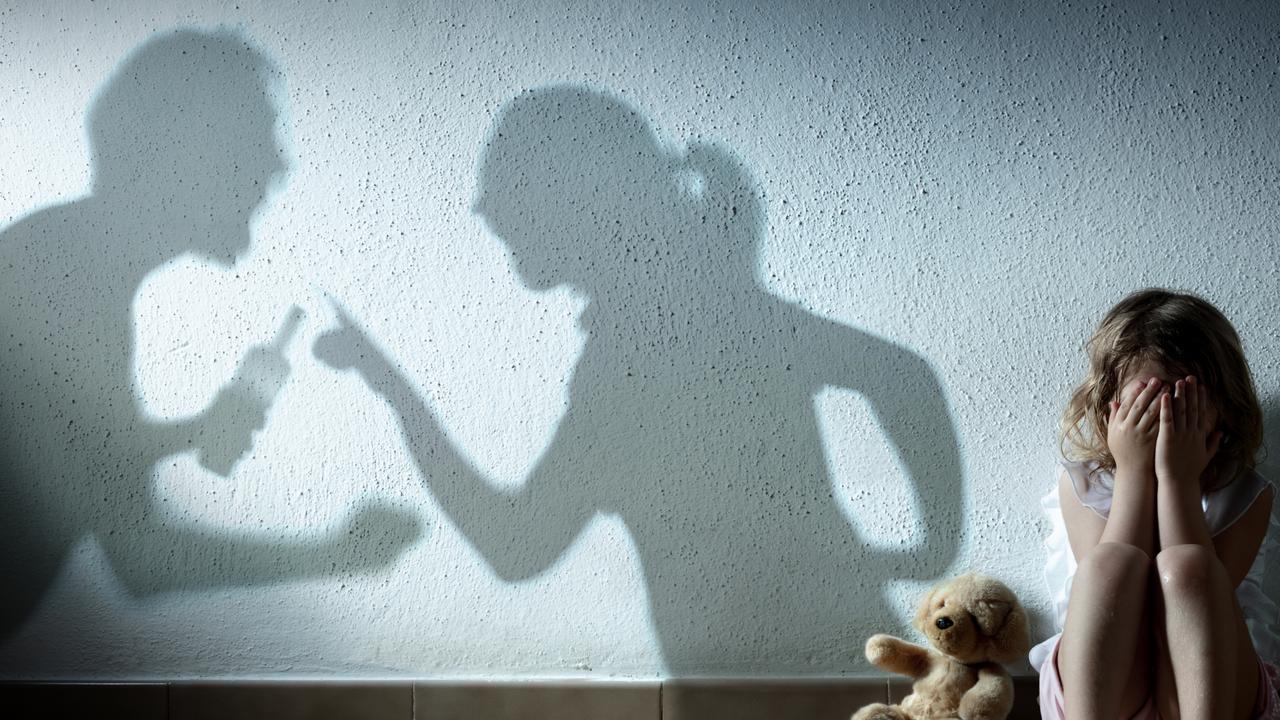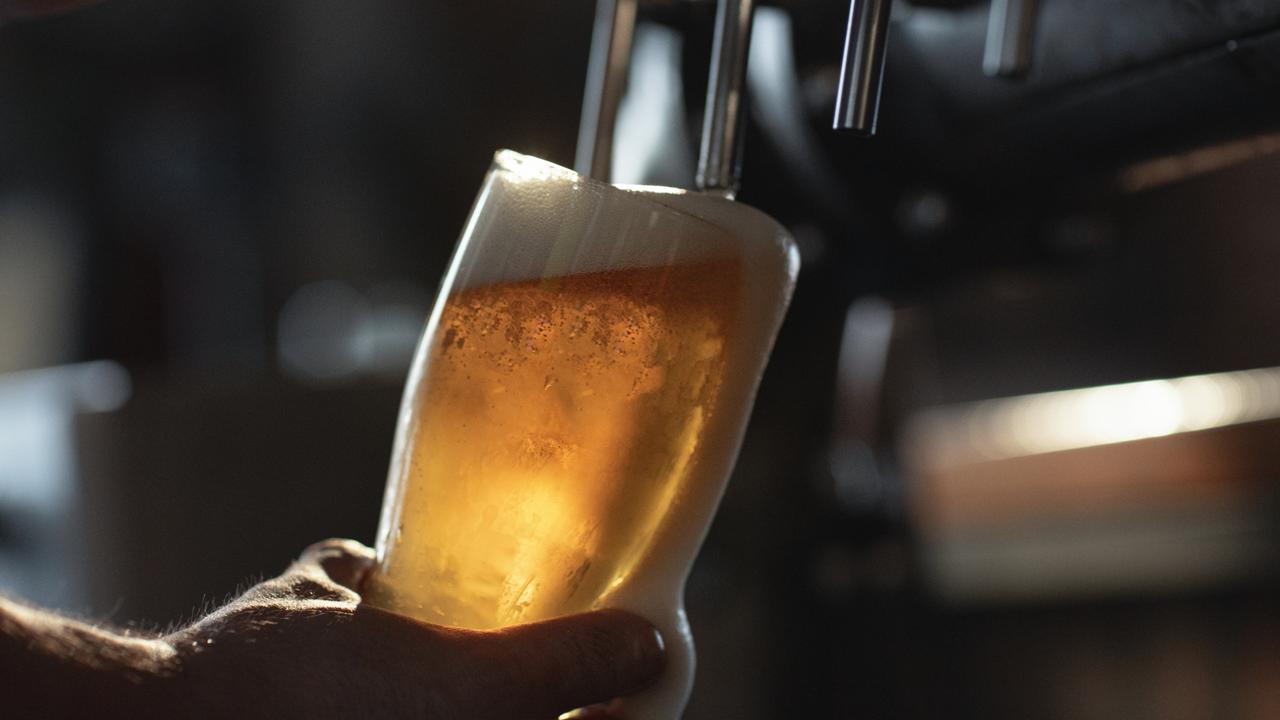Qld doctors say hospitals operating at catastrophic levels
Doctors say Queensland hospitals are operating at catastrophic levels and fear the system will not cope with a predicted explosion of Covid-19 cases over the next month.
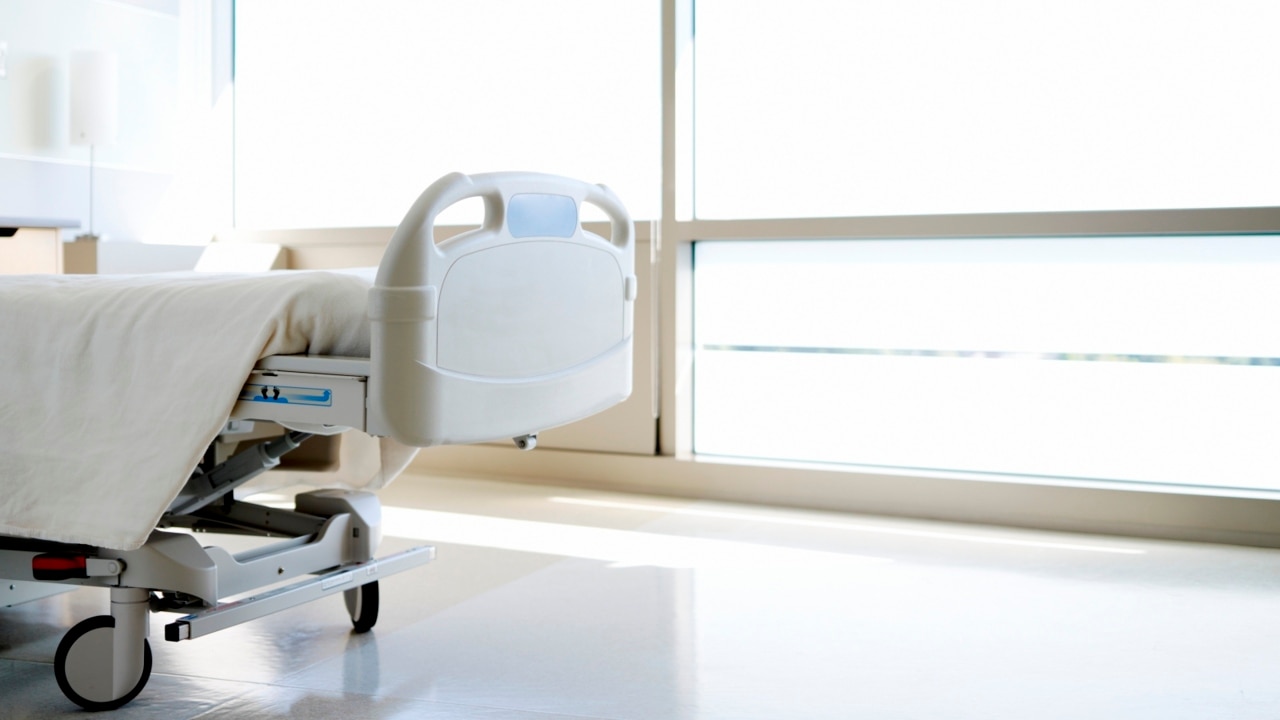
QLD News
Don't miss out on the headlines from QLD News. Followed categories will be added to My News.
Queensland doctors fear the state’s health system won’t cope with an expected explosion of Covid patients as medicos reveal hospitals are already at “never before seen” crisis levels.
New Covid modelling predicts there will be 1660 Queenslanders in hospital with Covid by the peak of the third wave, now expected at the end of August.
It comes as authorities last night confirmed a 23-month-old child died from Covid at the Queensland Children’s Hospital on Sunday.
It is the youngest Covid death recorded in the state since the pandemic began and the 14th child under the age of nine to die from coronavirus in Australia.
Premier Annastacia Palaszczuk said the government was preparing for the Covid onslaught with extra beds, virtual ED presentations and more frontline staff.
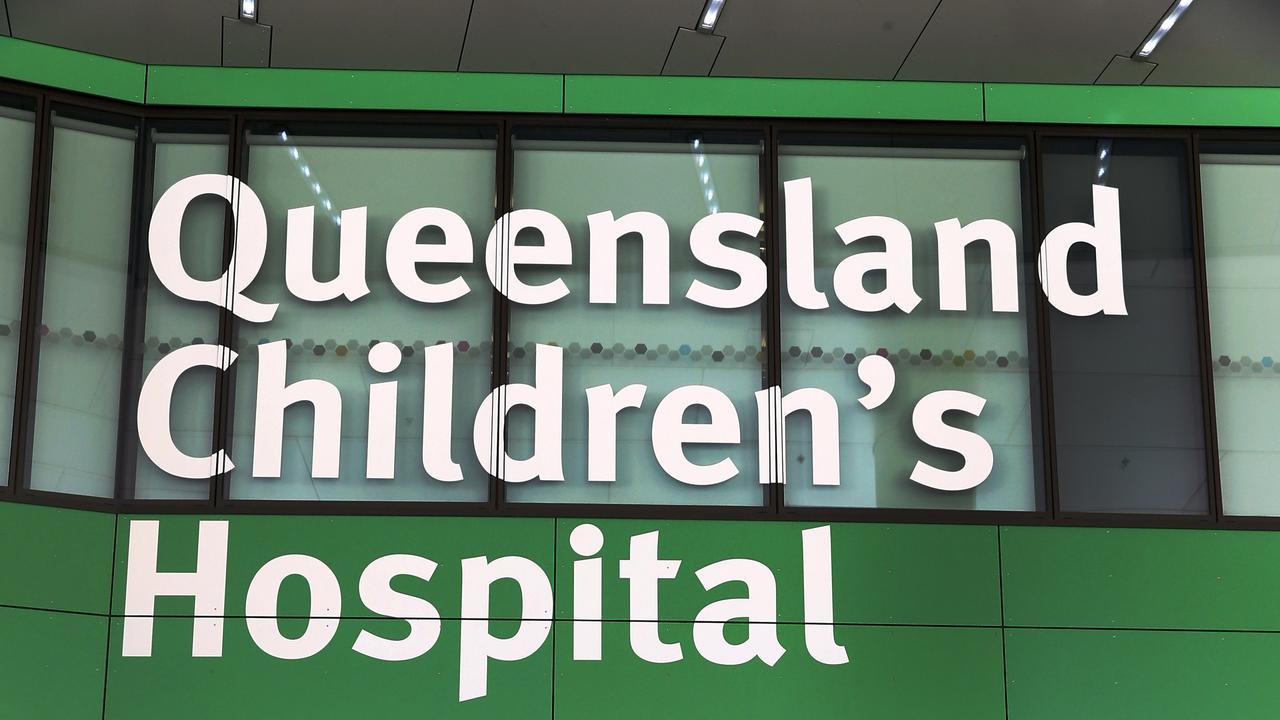
Late Tuesday, Ms Palaszczuk’s office confirmed that would mean an additional 200 beds to be brought online via private hospitals, which is in addition to the more than 600 private beds that were used during the first Omicron wave.
Australian Medical Association Queensland (AMAQ) president Maria Boulton told The Courier-Mail that hospitals were currently operating at catastrophic levels with 1110 Covid patients and Queensland Health needed to solve the “no beds for the sick” mess.
“The AMAQ has been asking for extra beds for months and the Covid peak is only a month away,” Dr Boulton said. “Queensland hospitals have never seen things so bad. Seriously ill patients are having to wait in emergency departments for over one day before being admitted to a ward.”
Medics warn that clogged EDs are preventing patients from receiving proper care.
Ms Palaszczuk revealed that the new modelling’s predicted 1660 hospitalisations at the peak of the third wave.
“Thankfully, it does not predict an increase in patients in intensive care,” Ms Palaszczuk said.
“This is very serious. We know that this is going to be our largest peak.”
The bleak forecast is 78 per cent worse than the highest single day of hospitalisations in the January Omicron wave, which was 928 patients.
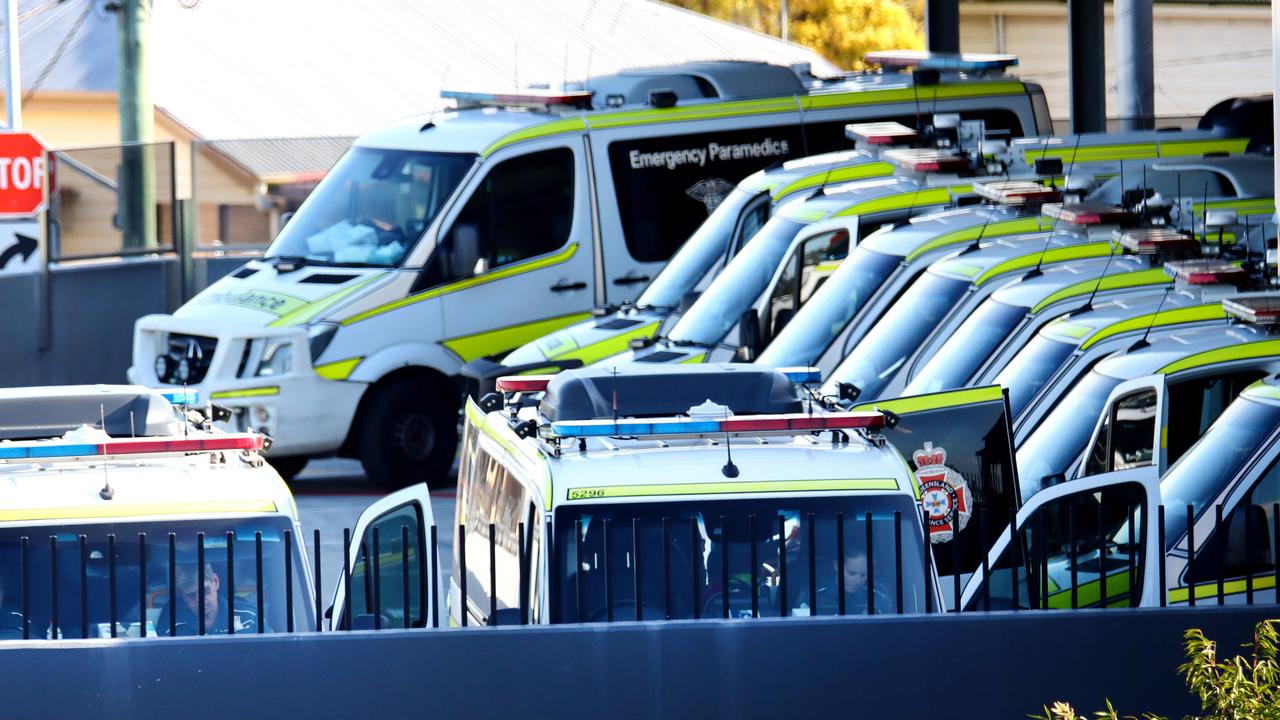
In October last year, QIMR Berghoffer modelling showed hospitalisations could reach 2000 after the borders reopened, but the authors of the report noted it would be “within the surge capacity possible in Queensland”, despite hospitals coming “under pressure”.
But that modelling was conducted before the Omicron strain emerged and while it predicted high hospitalisation numbers, it forecast just 1200 cases a day during the peak.
On Tuesday, the state recorded 8612 new cases.
Dr Boulton said the high number of health workers off sick was exacerbating the problem. “We have thousands of healthcare workers sick with Covid or isolating as close contacts,” she said.
“The downstream effect from that is catastrophic. I have spoken with emergency department physicians in different hospitals in Brisbane over the past week. They all say we are in crisis.
“They are not able to provide the care they normally would due to the strain on our EDs. Many of them are working on their days off. They are fatigued and are desperately worried about the potential to make a mistake.
“Our emergency departments at the moment are so busy and part of that is because there are no beds in the hospital,” she said. Dr Boulton said during a recent visit to an ED she saw a woman who had a stroke being forced to wait for more than 24 hours to be admitted to the hospital. “We are looking for some decisive action from Queensland Health, particularly around resourcing GPs to triage and screen Covid patients to reduce hospitalisations,” she said.
A whistleblower emergency department doctor at Ipswich Hospital, one of the state’s busiest hospitals, backed the AMAQ claim that hospitals were in the middle of a crisis,” the doctor said.
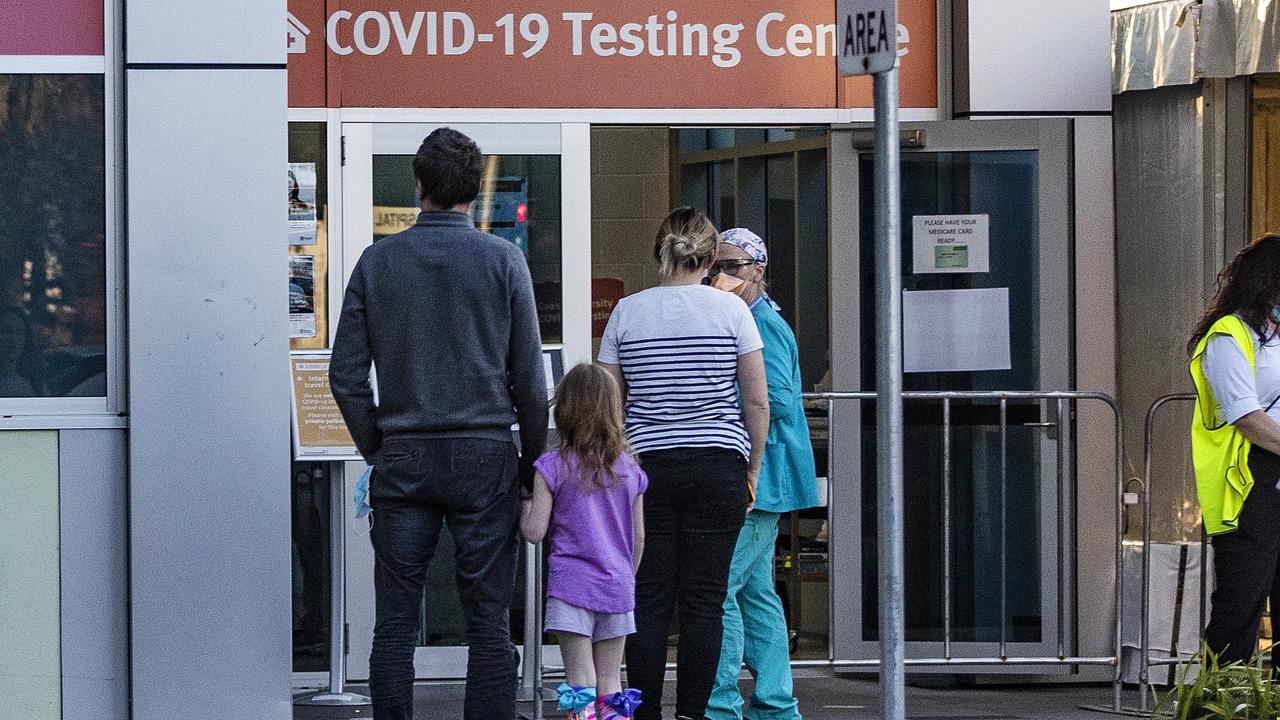
“Even if Queensland Health put 700 more doctors and nurses into the emergency department frontlines, that is not going to stop the bed block. No available beds is the biggest inhibitor to ED doctors doing their jobs.
“There are no beds upstairs, so the department is overclogged and we can’t get to the new patients. This is not new and has been the primary issue for a long time.”
Queensland had 12,748 beds across the state in the 2020-21 financial year.
Dr Boulton said that Queensland was in the unenviable position of having lower vaccine booster rates than the rest of the country.
“We won the State of Origin, but we’re losing the fight when it comes to booster rates. Of the deaths over the past six weeks, 97 per cent were over the age of 65 and 70 per cent were not up to date with their boosters,” she said.
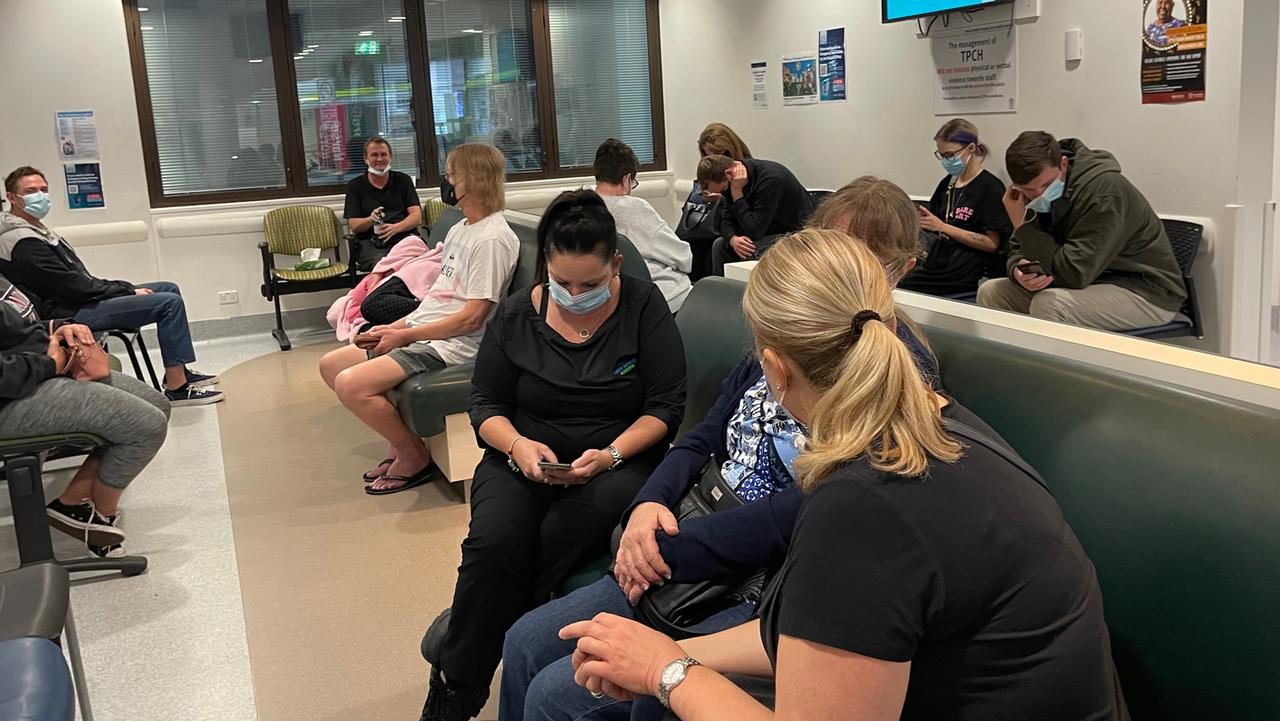
“It is so important that everyone who is eligible for a booster gets that booster, and that we wear masks in crowded areas and indoors,” she said.
Late Tuesday, a Cairns and Hinterland Hospital and Health Service spokesman confirmed non-urgent elective surgery had been temporarily suspended at Cairns Hospital unless there was “clinical urgency”.
Federal Health Minister Mark Butler said the impact of the third Omicron wave on hospitalisations was “concerning” across the country. The government had acted to help hospitals by expanding access to fourth jabs, antiviral medicines and aged-care protections, he said.
Originally published as Qld doctors say hospitals operating at catastrophic levels


